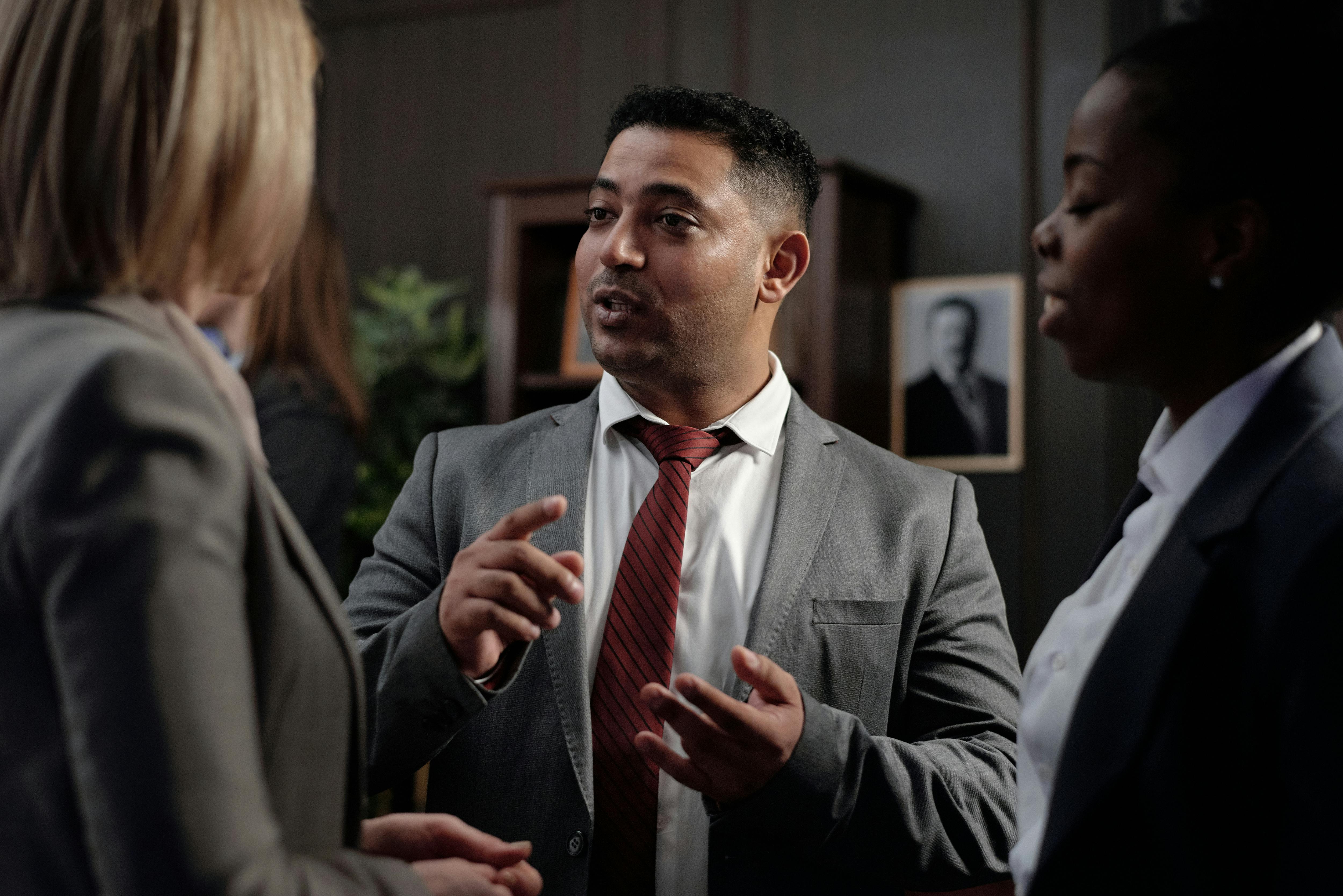How to be Diplomatic? Learning Diplomatic Communication Skills are essential in today’s global society. In the world of diplomacy, communication is a critical tool that can make or break a deal, a relationship, or even a nation. Diplomats must possess the ability to communicate effectively with others, even when there is a language barrier or cultural differences. In this blog post, we will explore the importance of diplomatic communication skills and provide tips on how to improve them.

What are Diplomatic Communication Skills?
Diplomatic communication skills refer to the ability to communicate effectively in a diplomatic setting. These skills include the ability to listen actively, speak clearly and concisely, negotiate, persuade, and build relationships with others. Diplomats must also be able to understand cultural differences and adapt their communication style accordingly. In essence, diplomatic communication skills are the ability to communicate effectively with others, while maintaining professionalism and respect for all parties involved.

Why are Diplomatic Communication Skills Important?
Diplomatic communication skills are crucial for diplomats, politicians, business leaders, and anyone else who works in an international setting. Effective communication is essential for building trust and fostering positive relationships between individuals and countries. Without proper communication skills, misunderstandings and miscommunications can lead to conflict, strained relationships, and even war.
In addition, diplomatic communication skills are critical for negotiating deals and resolving conflicts. Diplomats must be able to negotiate effectively, using their communication skills to find common ground and come to an agreement that is beneficial for all parties involved. This requires strong negotiation skills, active listening skills, and the ability to understand and respect cultural differences.
Finally, diplomatic communication skills are essential for building and maintaining relationships. Diplomats must be able to build relationships with individuals from different countries and cultures, and maintain those relationships over time. This requires strong interpersonal skills, the ability to build trust, and the ability to communicate effectively in a variety of settings.
Tips for Improving Diplomatic Communication Skills:
Improving your diplomatic communication skills takes time and practice. Here are some tips for developing and improving your communication skills in a diplomatic setting:

Listen actively
Active listening is a critical component of diplomatic communication. Diplomats must be able to listen to others and understand their perspectives, even when those perspectives are different from their own. This requires focusing on the speaker, avoiding distractions, and asking questions to clarify points.
Speak clearly and concisely
When speaking, it is essential to be clear and concise. Diplomats should avoid using complex language or jargon that may be difficult for others to understand. Instead, they should use simple, straightforward language that is easy to understand.
Understand cultural differences
Understanding cultural differences is critical for effective communication in a diplomatic setting. Diplomats must be aware of cultural differences and be able to adapt their communication style accordingly. This includes understanding nonverbal communication, such as body language, and being respectful of cultural norms.
Be respectful
Respect is a critical component of diplomatic communication. Diplomats must be respectful of others, even when they disagree with their perspectives. This requires avoiding personal attacks or insults, and focusing on the issues at hand.
Build relationships
Building relationships is essential for effective communication in a diplomatic setting. Diplomats must be able to build trust with others and maintain those relationships over time. This requires strong interpersonal skills, the ability to listen actively, and a genuine interest in others.
Use diplomacy
Diplomacy is the art of managing relationships between countries or individuals. Diplomats must be able to use diplomacy to navigate complex situations and resolve conflicts. This requires strong negotiation skills, the ability to find common ground, and the ability to understand and respect different perspectives.
Be adaptable
Finally, diplomats must be adaptable in their communication style. They must be able
